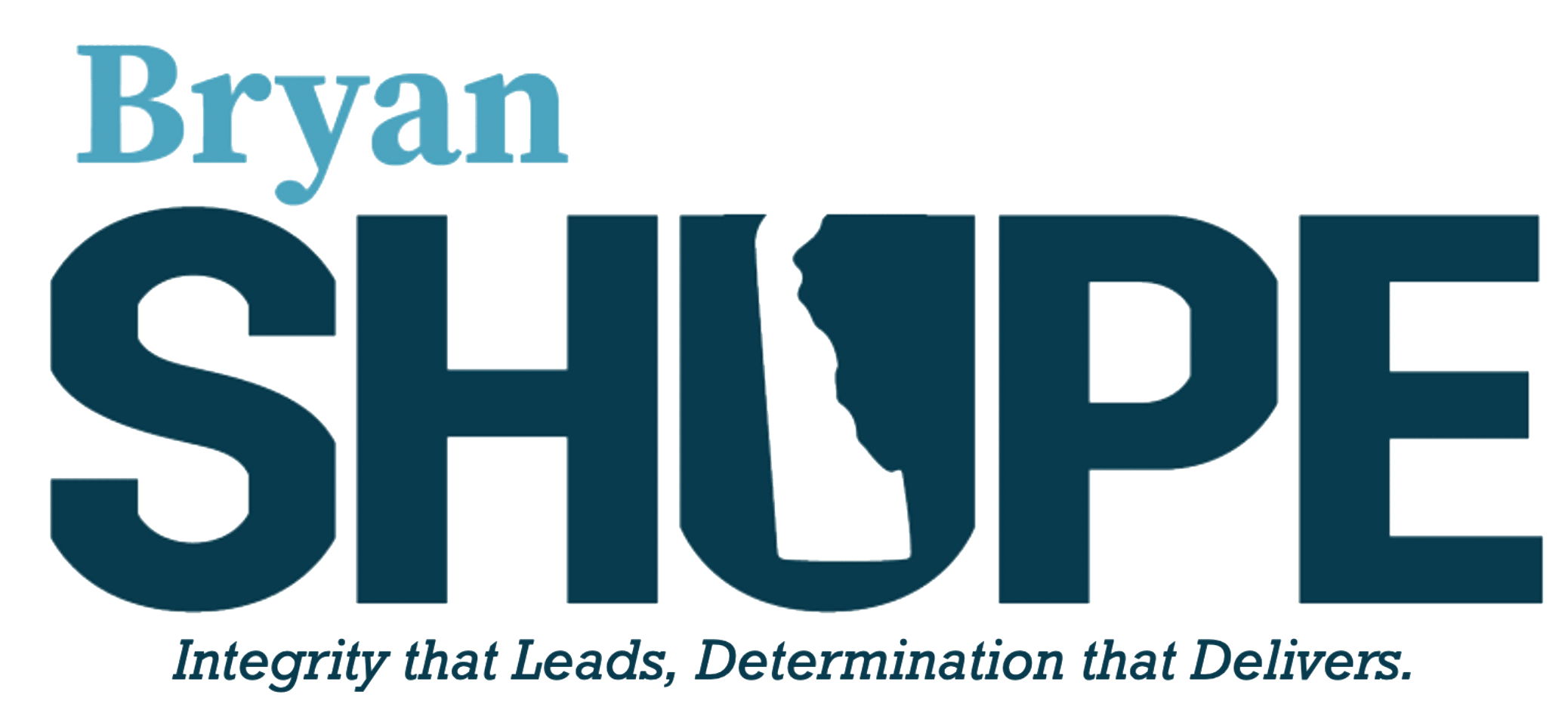Questioning the generally accepted experience of the day has been prevalent since the inception of our nation. The ideas of freedom of speech, freedom of the press and freedom to assemble have allowed the march of time to serve in a positive direction when we gracefully seek the responsibility through enlightenment and understanding.
Our greatest advances, innovations and achievements as a society have come from questioning the mindset of the day and taking on the status quo. It has allowed us as a people to defy tyranny, overcome evils within our own society, and forge our own path through human history.
When distrust becomes a guiding principle of our communities, however, it can have devastating impacts on our neighborhoods and the individual psyche. The difference between the two courses for opposition, one in the name of positive chances and the other for simple distrust is that the former is rooted in intellectual enlightenment, communal dialogue and respect and openness to change of ideas, even the one that is being championed. The latter, is fueled by fear and forces people to choose a side where one way is always wrong and the other always right.

I am a believer that all people are inherently good, even though we all have made wrong decisions in our lives. I also believe that in our souls, none of us wants to live in a community where distrust is the main driver of decision making and shapes the resounding culture. As leaders, we need to recognize the distrust that has invaded our communities and start the dialogue of how to build back trust on the street level. As lawmakers, if we are going to ask our residents to help rebuild trust, we must take the first steps by showing our ability to be transparent, hold ourselves accountable, and listen to the diversity of ideas throughout our state.
In an attempt to start this dialogue, I will be advocating for nine bills this year that aim to reagin public trust between the people of Delaware and their public servants. Below are the first three:
House Resolution 9 – I created this resolution which seeks to amend House Rules. It states that every bill clearing a House committee, which requires support from both Majority and Minority party members, receive consideration on the House floor within 12 legislative days. I believe each state representative should have the ability to draft legislation reflecting the concerns of their constituents and have an EQUAL opportunity for these measures to be debated and voted on, when their respective bipartisan committee grants them the vote to do so. As the current rules stand, sole discretion of whether a bill will reach the House floor, even after a bipartisan committee has voted to discuss it on the floor, is in the hands of the Majority leadership. The propensity for political games under the current rules is too high and in many cases the voice of these bipartisan committees are not seeing the light of day even after legislation reaches the constitutional vote to do so.
Quorum requirements for physical locations during virtual meetings – This bill states that a quorum of elected lawmakers must be present at an anchor location to have a virtual meeting. Last year during the pandemic, laws were created to allow for the General Assembly and local governing bodies to hold virtual sessions to help aid in the suppression of the COVID-19 virus. While I agree with these measures, and voted in favor of these bills, I also believe that as we move forward into the digital age, and eventually post-COVID, we must remember the role of public servant as a representative for the people that elected them. As the law is currently written, only one member of an organization would need to be present at the anchor location of a meeting where legislative decisions are being made for residents. For example, it is completely legal within the current law for a City Council, School Board or General Assembly meeting to be held where only staff of the entity is present, no elected officials. In instances where all lawmakers are able to be remote, perpetually, where does the public go to have their ideas heard, discussed and potentially enacted on when there is no physical location for their voice to be heard? They are left to attempt connection through an already non-personable, bureaucratic system through emails or on a virtual meeting, where public option is not always held. This bill ensures that at all public meetings held by governing bodies that are elected, there must at least be a quorum of those elected officials at the physical, anchor location to make decisions that affect the community. This bill is drafted and will be circulating for sponsors in February.
HB 203 – Ensures that FOIA, the mechanism by which the public and press request information from their government, cannot be suspended, even during a State of Emergency. Delaware’s FOIA law ( 29 Del. Code, Chapter 100) provides citizens with a system for accessing public records and compels state officials to facilitate the process. Similar statutes exist on the federal level and in other states. Collectively, FOIA laws have often been instrumental in checking governmental power and uncovering instances of abuse, neglect, and inefficiency. Under the COVID-19 Emergency Declaration, FOIA was suspended for seven months and access to information for the public and press was delayed and denied under a unilateral decision. It is in times of crisis and emergencies that FOIA should be protected the most so that people of the state of Delaware have the ability to request information from their government. HB 203 would strengthen the Freedom of Information Act by prohibiting the Executive Branch from suspending it during a State of Emergency unless the office is able to demonstrate that complying with the act would prevent, hinder, or delay state action needed to cope with the crisis.
Both HR 9 and HB 203 have been requested to be heard in there House Administration Committee, which will resume in March. Please send an email to House Majority Leader Valerie Longhurt at Valerie.Longhurst@delaware.gov and her staff member Eric Hasting at Eric.Hasting@delaware.gov, letting them know that you would like these bills to be heard in her committee.


